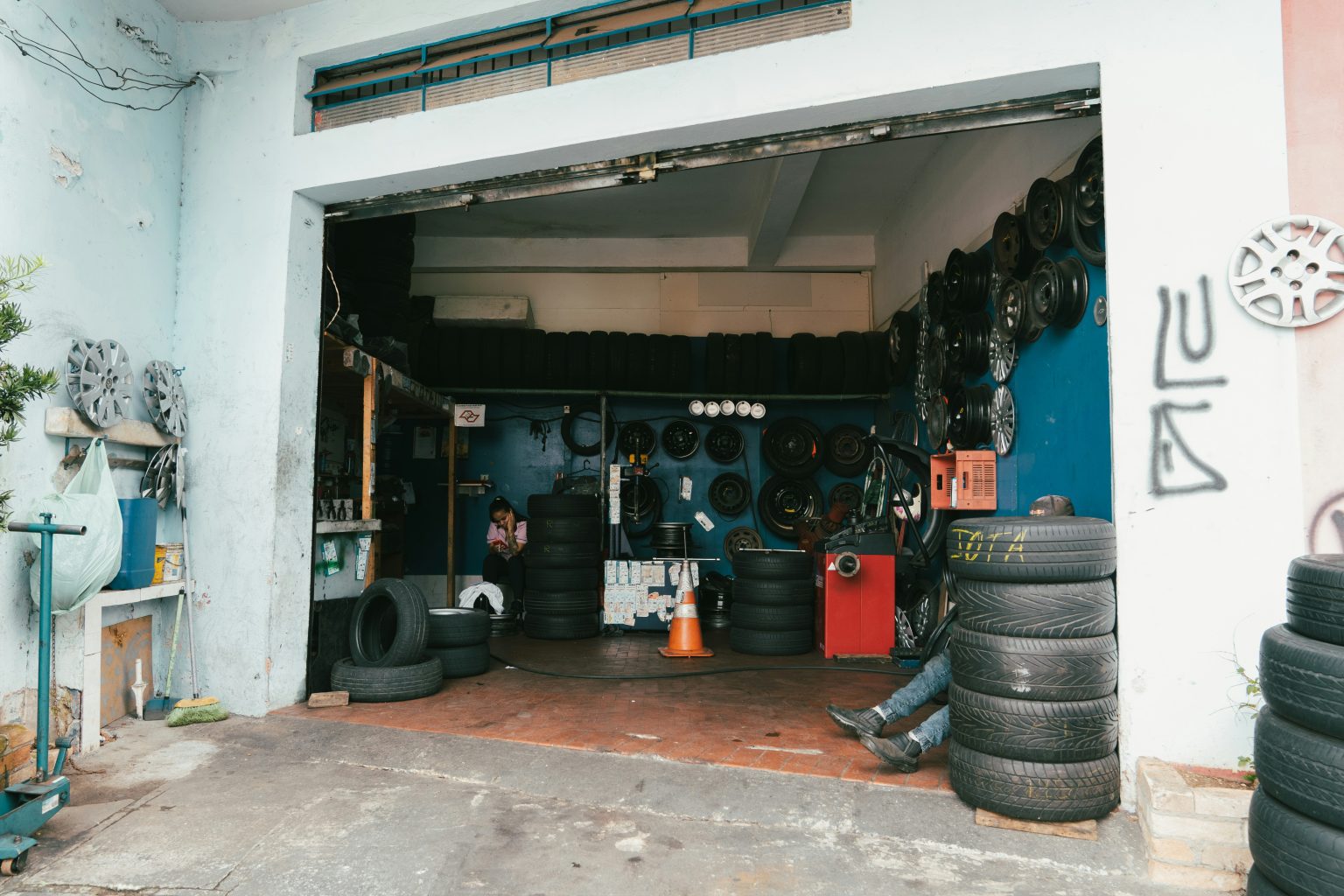Diesel engines are known for their strength, durability, and efficiency. They power trucks, heavy machinery, and even some personal vehicles, offering reliability in situations where performance matters most. But keeping a diesel engine in peak condition requires more than just regular fuel and oil—it means understanding the importance of parts and accessories. The right components don’t just keep your vehicle running; they can improve efficiency, extend lifespan, and even unlock more power. Choosing wisely, however, takes knowledge and a careful look at your goals.
Why Diesel Parts and Accessories Matter
Unlike gasoline engines, diesel engines work under greater pressure and higher combustion temperatures. This makes their parts more robust but also more sensitive to wear if neglected. Every part, from injectors to turbochargers, contributes to performance. Accessories, such as fuel filters, tuners, and exhaust systems, don’t just add style—they directly impact how well your vehicle handles long hauls, towing, or day-to-day driving. Choosing parts is not only about replacement but about enhancing the entire system to match your driving needs.
Understanding Your Vehicle’s Purpose
The first step in choosing diesel parts and accessories is considering what you use your vehicle for. A work truck designed for towing heavy loads will need a different setup than a personal vehicle focused on fuel economy. Performance-focused drivers may look toward turbo upgrades and programmers, while daily drivers might prioritize accessories like high-quality air filters for smoother rides. Aligning your purchases with your vehicle’s main purpose prevents wasted money and ensures the best performance outcome.
Quality Over Cost
When it comes to diesel components, cutting corners usually ends up costing more in the long run. Cheaper parts may look like a bargain, but they often wear down faster or fail under pressure. This is especially risky for critical components like fuel injectors, pumps, or gaskets. High-quality parts, whether original equipment manufacturer (OEM) or trusted aftermarket brands, are designed to withstand the intense demands of diesel engines. The beauty of investing in quality is that it improves reliability, minimizes breakdowns, and often enhances efficiency.
Matching Parts to Engine Specifications
Every diesel engine is unique, and not all parts are universally compatible. Before purchasing, it’s essential to know your engine’s make, model, and year. Even small differences in design can change how a part fits or performs. This is particularly important when choosing electronic accessories like tuners, which must match the engine’s programming. Reviewing specifications ensures proper fitment, saves time, and protects the engine from damage caused by incompatible parts.
Considering Performance Upgrades
Diesel owners often look at parts not just for maintenance but also for upgrades. Turbochargers, exhaust systems, and cold-air intakes are popular choices for increasing horsepower and torque. These upgrades can make towing easier, improve fuel economy, or simply create a more responsive drive. However, performance upgrades should be chosen carefully. It’s important to think about how one change may affect the rest of the engine system. For example, adding a larger turbo might require adjustments in fuel injectors or tuning to maintain balance. Choosing accessories with the whole system in mind ensures upgrades deliver benefits without unwanted side effects.
Maintenance Accessories for Longevity
Not all accessories are about adding power—some are about protecting your investment. High-quality oil filters, water separators, and aftermarket cooling systems can make a significant difference in extending engine life. Diesel engines often operate under tough conditions, and these accessories help manage wear, prevent contaminants, and keep temperatures stable. The beauty of focusing on maintenance accessories is that they reduce costly repairs while maintaining consistent performance year after year.
Seeking Professional Guidance
While many diesel enthusiasts enjoy working on their vehicles themselves, professional advice is invaluable. Mechanics or diesel specialists can recommend parts based on your specific driving patterns and needs. They can also provide insight into which brands have proven reliability and which accessories may not be worth the hype. Consulting with professionals ensures you make informed choices rather than relying solely on marketing claims.
The Role of Aftermarket vs. OEM
One common decision diesel owners face is whether to choose OEM parts or aftermarket options. OEM parts come directly from the manufacturer and guarantee fit and reliability. Aftermarket parts, however, often provide performance improvements or cost savings. The key is understanding when to use each. For critical engine components, OEM may be the safest bet, while aftermarket accessories might be ideal for upgrades like exhausts, tuners, or cosmetic enhancements. Weighing the pros and cons helps strike a balance between reliability and performance.
Building a Balanced Setup
Diesel engines thrive when all parts and accessories work together in harmony. It’s tempting to add flashy upgrades or go for the most powerful options, but balance matters more. A well-tuned engine with compatible components will always outperform one that’s overloaded with mismatched parts. When selecting accessories, think about how they contribute to the whole rather than focusing on one feature. The goal is a diesel setup that delivers consistent performance, whether for work, travel, or personal enjoyment.
Making Informed Choices
At the end of the day, choosing diesel parts and accessories comes down to knowledge and intention. Understanding your vehicle’s needs, prioritizing quality, and thinking about both performance and longevity will guide you toward the best decisions. Diesel engines are built to be dependable, but the care you put into selecting their parts makes all the difference. By making thoughtful choices, you don’t just maintain your vehicle—you elevate it, unlocking the full potential of diesel power.


